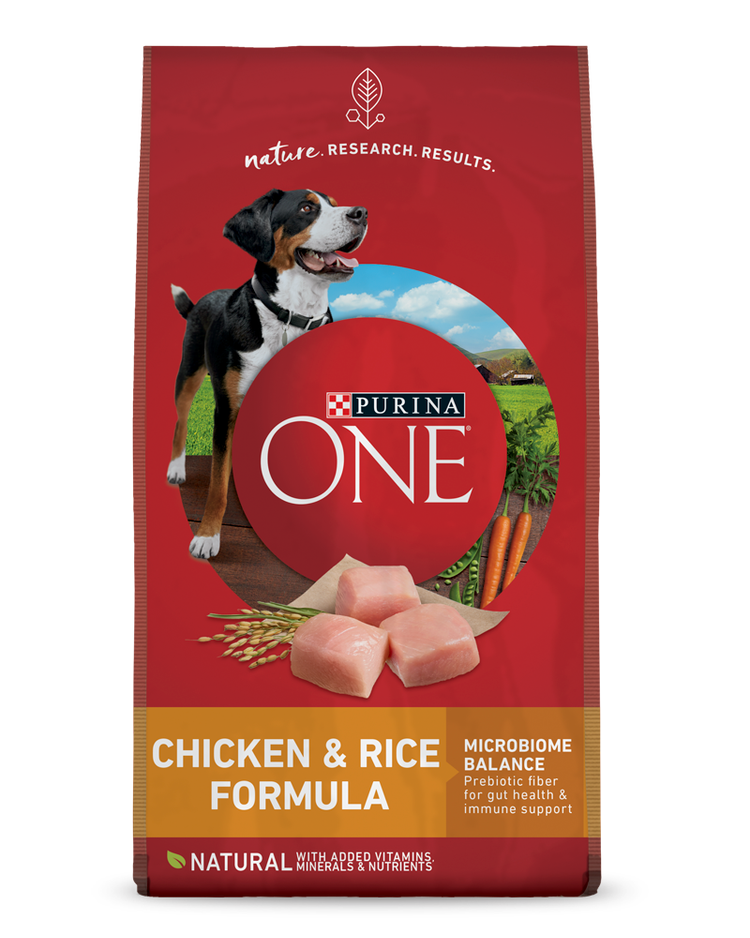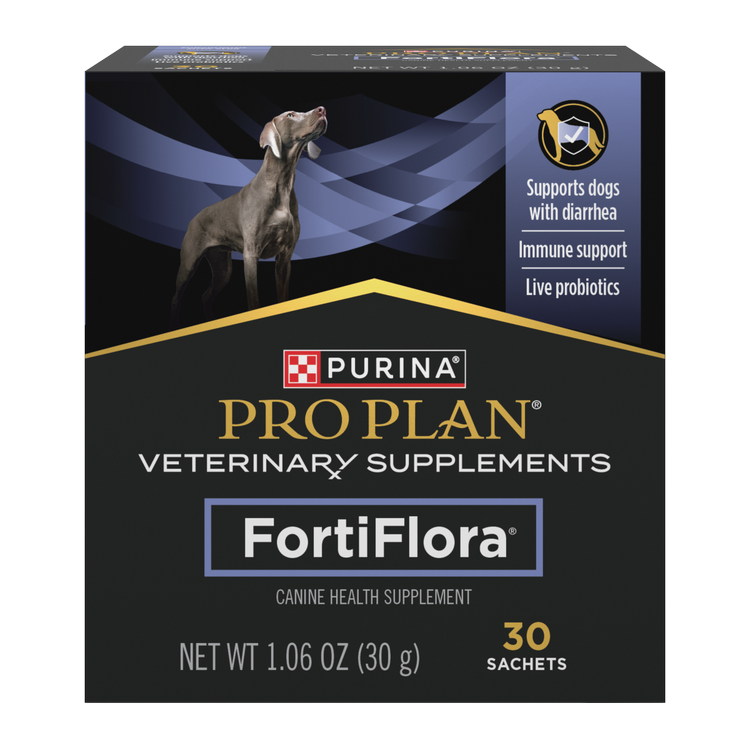With so many different dog food and supplement options available, it can be overwhelming trying to figure out what exactly your dog needs. Along with other important nutrients, vitamin B complex can be really helpful in keeping your dog as fit as a fiddle. But what is the role of vitamin B for dogs and what are some of the benefits it can provide?
Vitamin B comprises an important group of nutrients that can make a real difference in your furry friend’s life. Whether you’re looking to improve their energy levels, support their digestive system, or simply give them an extra immunity boost, adding vitamin B to their diet is a great way to do just that.
What is Vitamin B?
A water-soluble nutrient, vitamin B is actually a complex of different B vitamins that are necessary for various bodily functions in dogs. They include vitamins B1, B2, B3, B5, B6, B7, B9 and B12; with each one of them offering unique benefits and working together to support your dog’s well-being.
Unlike other nutrients that are stored in fat cells, vitamin B "flushes" through a dog’s system, which means that it’s very difficult to have too much of it. It’s a great nutrient for maintaining a healthy metabolism and for helping your dog stay active. If your walks have been missing some enthusiasm lately, vitamin B might help to give your dog an energy boost.
Is Vitamin B Good for Dogs?
Yes, vitamin B can be great for dogs! In fact, B vitamins play a key role in supporting your furry friend’s overall health. Because they can’t produce it for themselves, dogs need vitamin B to be supplied from external sources, such as food or supplements.
And you know what’s another great thing about it? Its components are water-soluble, so the risk of giving too much is very low, as your dog will eliminate the surplus through its urine. However, always be careful and make sure you consult a vet before incorporating it into your dog’s diet.
Benefits of Vitamin B for Dogs
There are several perks that come with making sure your dog gets enough vitamin B. Here are some of them:
Improved Energy Levels and Metabolism
As it has a key role in converting food into energy, vitamin B1, or thiamine, can help keep your dog active and alert.
Stronger Immune System
Vitamin B6, or pyridoxine, is great for the development and maintenance of a healthy immune system, ensuring that your dog stays safe from infections. It also helps with making new red blood cells to transport oxygen throughout the body.
Healthier Skin and Shinier Coat
If your dog’s skin and coat could use a boost, vitamin B7, or biotin, can help by assisting with fatty acid production in the skin, preventing water loss and helping to keep your dog’s coat healthy.
Boosted Brain Function
B vitamins have various roles in cognitive function. Vitamin B12, or cobalamin, and vitamin B6 are particularly important for brain function, nerve cell health and neurotransmitter production. It’s even been suggested that B vitamins might help with anxiety and stress.
Better Digestion
To maintain your dog’s digestive system in tiptop shape, consider adding vitamin B12, or cobalamin, to their diet. A deficiency of vitamin B12 may cause gastrointestinal issues, and long-lasting digestive problems due to other causes could also make your dog deficient.
Foods that Contain Vitamin B
Most commercial dog foods contain adequate levels of vitamin B; but sometimes that might not be enough, as B vitamins can easily be destroyed if food is stored in a place that’s exposed to heat, light, humidity or even just the air.
To make sure your dog is receiving enough B vitamins, you should ensure their food is kept closed and in a cool, dry area away from sunlight.
If you want to make sure your dog is receiving the amount that they need, you can consider B vitamin supplements. Alternatively, you might consider incorporating the following foods into their diet:
It’s important to only feed these in moderation, however, alongside their usual diet. If you’re planning to feed these as more than 10% of your dog’s diet, it’s worth consulting with your vet to ensure you don’t inadvertently cause a potentially serious nutritional imbalance.
Vitamin B Deficiency in Dogs
When dogs don’t eat enough vitamin B, this can result in a range of different problems, including anemia, anxiety, diarrhea, skin problems, fatigue, or neurological disorders. Some dogs, however, are more at risk of developing vitamin B deficiency, such as older dogs or those that experience gastrointestinal issues.
Keep in mind that these signs can also point to other diseases, so if you notice any of them, make sure to contact a vet. They may recommend various tests to reach a diagnosis, which can then allow you to treat the root cause of the problem.
Above all, it’s important to make sure your dog is eating a balanced and nutritious diet. Always check the ingredients on commercial dog foods and be careful to store them in a dry and dark place. All our Purina main meal products provide complete and balanced nutrition to help keep dogs fit and healthy.
The good news is that being aware of the importance of vitamin B for dogs, you can take proactive steps to make sure they don’t lack it. With a little bit of effort and care, you can help your furry friend thrive and enjoy a happy and long life.
For more expert tips on dog health, explore our other routine dog care articles.

Reward Yourself with myPurina
Earn and redeem rewards for Purina products with the myPurina app.







